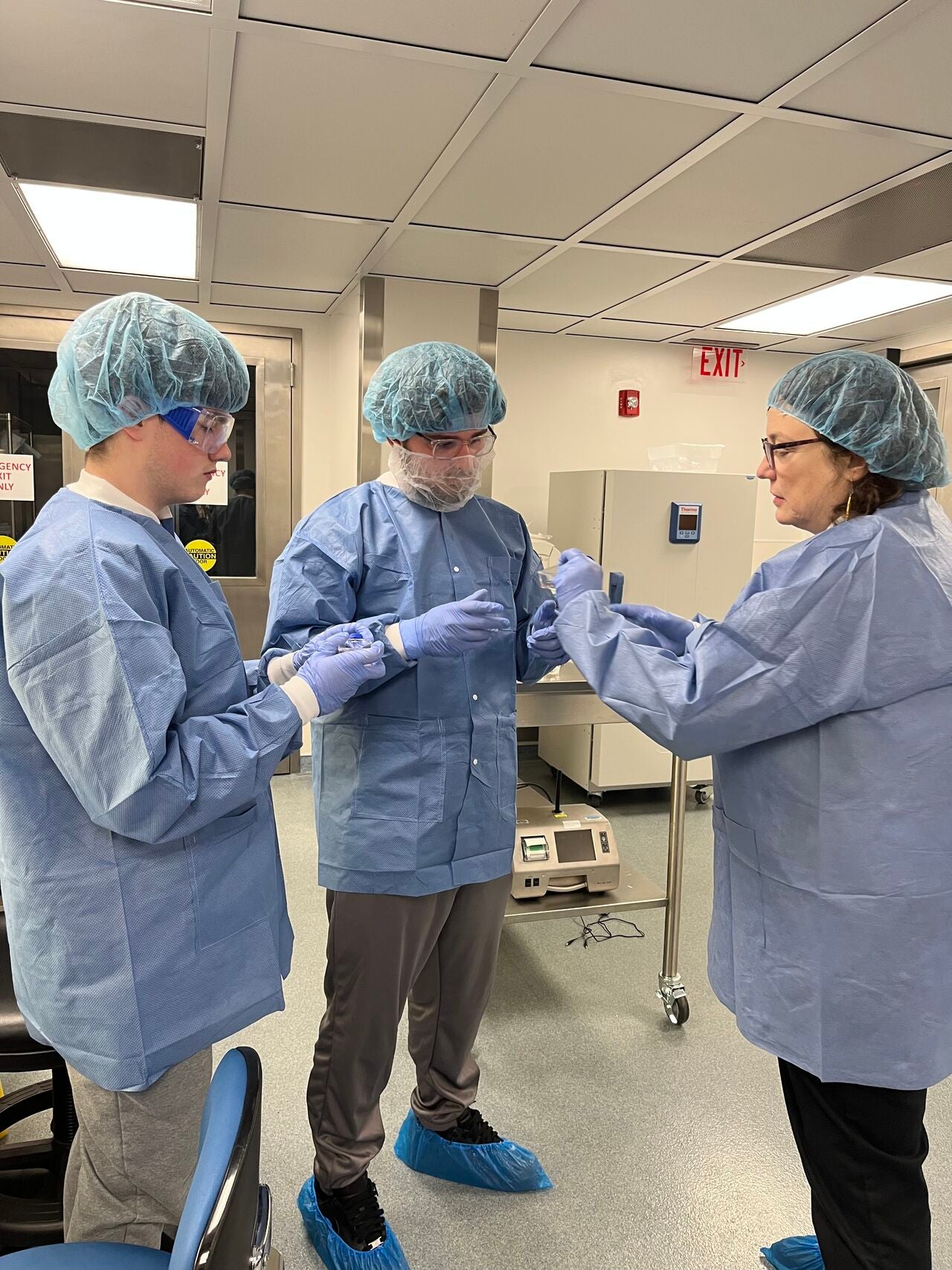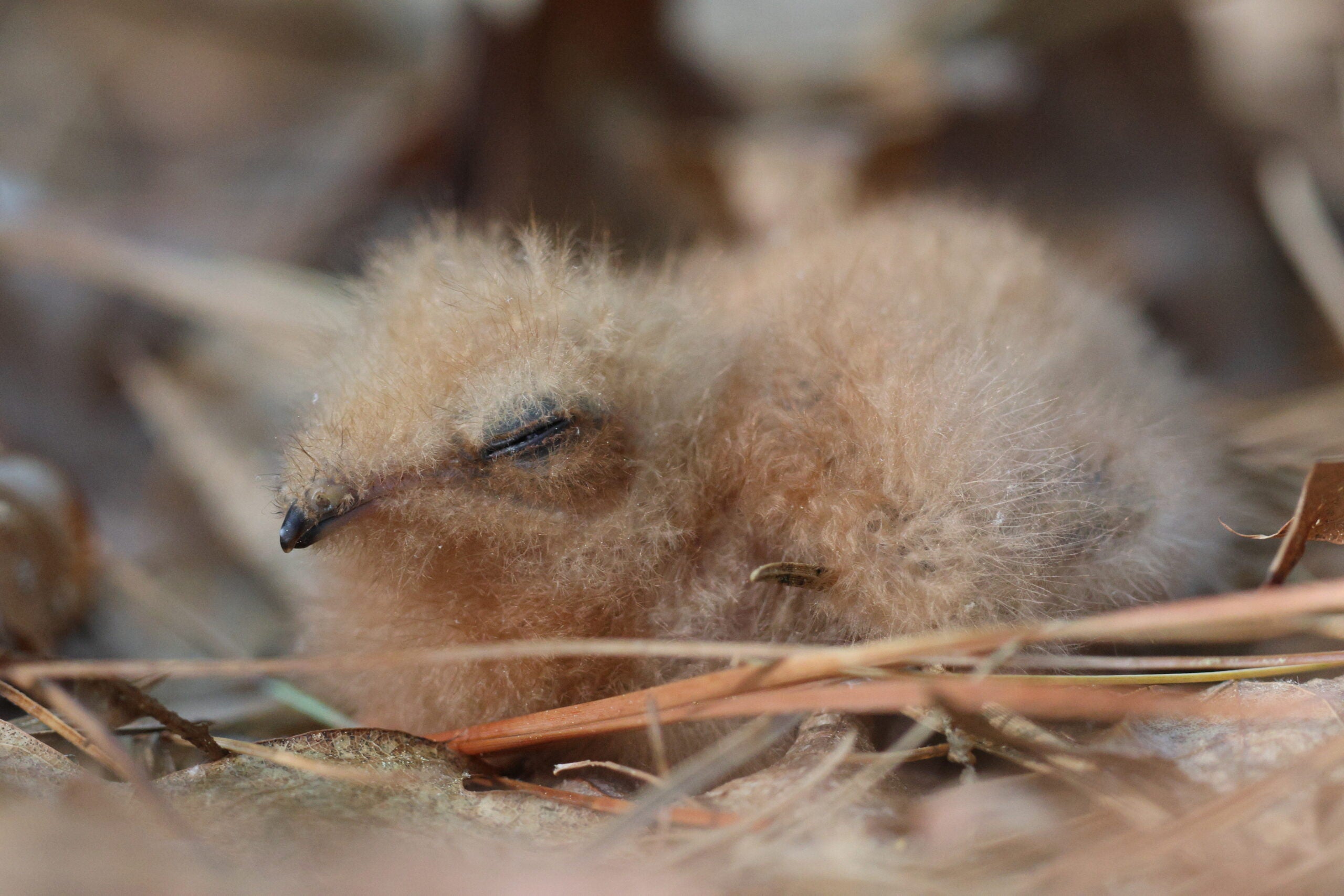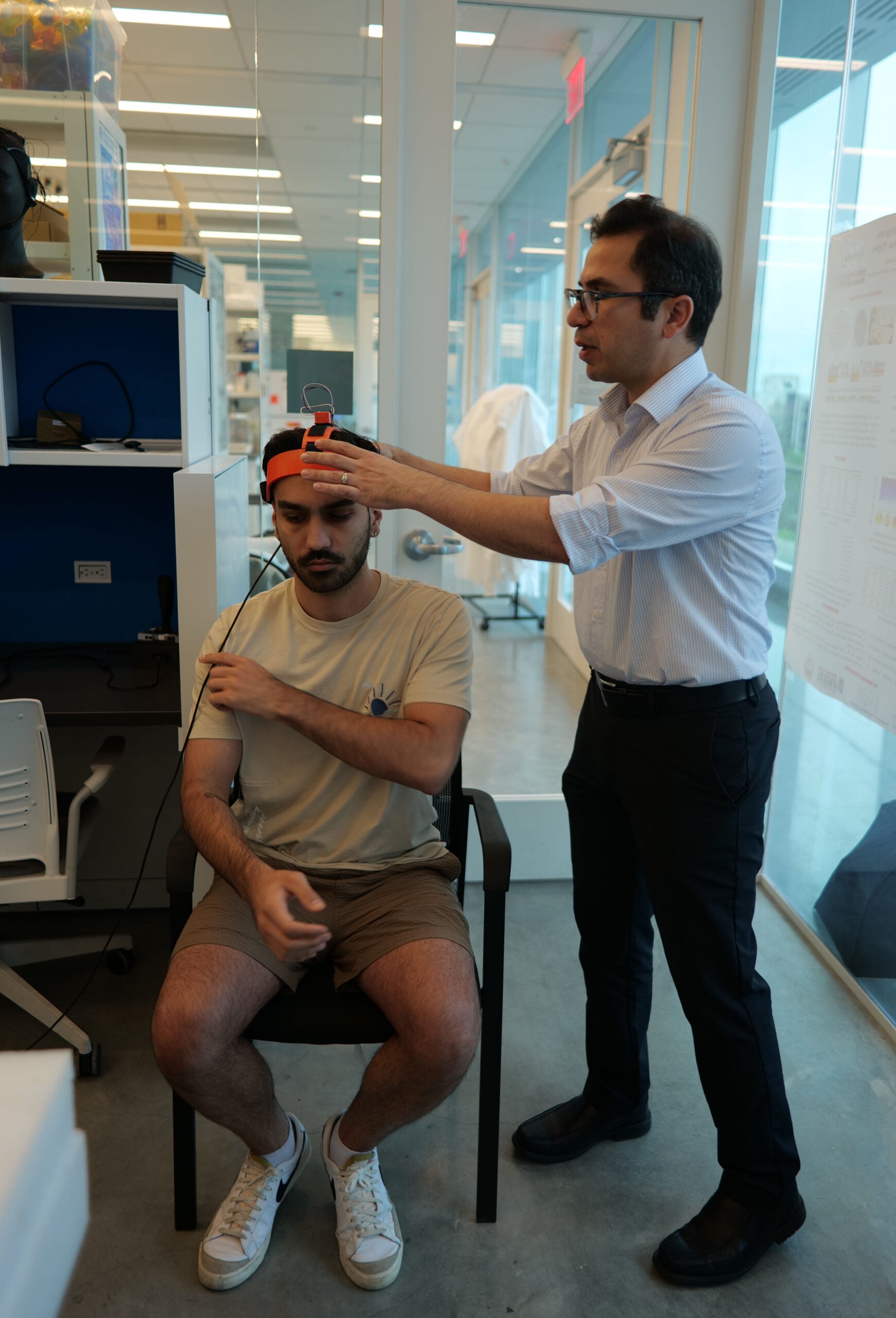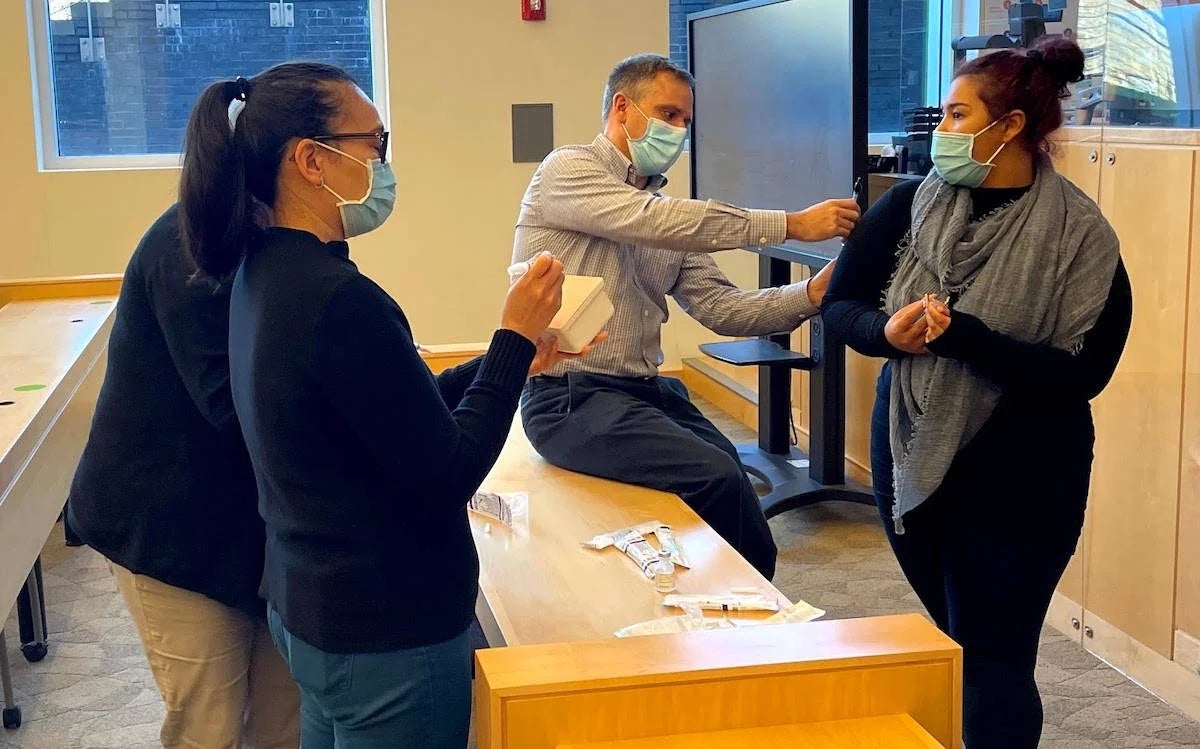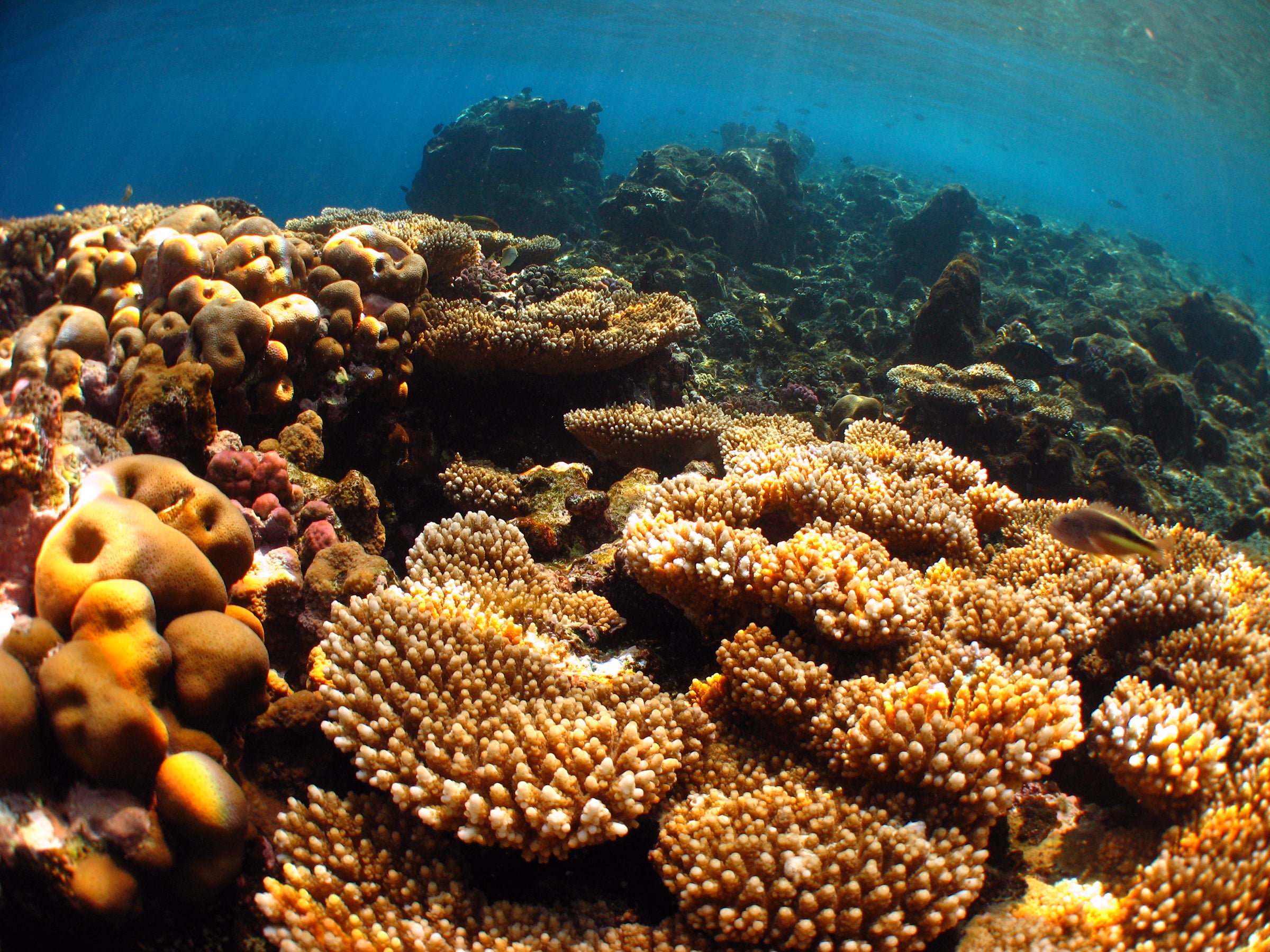New graduate certificate in cell and molecular biology aims to fill needs in field while offering career advancement opportunities
KINGSTON, R.I. – July 23, 2025 – Molecular biology, biomedical sciences, laboratory medicine, and biotechnology are among the most challenging and exciting scientific fields of the 21st century. These disciplines are at the forefront of efforts to overcome global public health challenges such as heart disease, cancer, and infectious disease.
The University of Rhode Island’s Department of Cell and Molecular Biology has recently added a new Graduate Certificate in Cell and Molecular Biology to its offerings. The certificate program offers students training in three interrelated specializations: cell and molecular biology, biotechnology, and medical laboratory science. The certificate provides in-depth scientific curricula in a flexible mode of delivery to provide professional development and career advancement opportunities in the biotechnology, pharmaceutical, and healthcare industries.
All participants complete two core courses online in molecular diagnostic methods and laboratory management and ethics, before specializing in their chosen area of focus. The certificate is designed to be completed in one academic year.

Program Director Joel Chandlee said the new graduate certificate builds on the University’s existing strength in the areas of cell and molecular biology by offering a curriculum that provides advanced training in the rapidly growing and important scientific arena of biomedical, pharmaceutical, and medical laboratory sciences.
“This field is of critical importance in the world,” he says. “Graduates can help advance scientific discoveries and address important global public health concerns.”
While the program may be of interest to professionals already working in the field, student Luis Rivera-Correa said he applied to the program simply out of his love of biology. He was not aware of cell and molecular biology as a course of study while pursuing his undergraduate degree in biology, but since seeing opportunities in biotechnology, decided to join the certificate program.
“I decided to capitalize on the opportunity to learn the industry in more detail through this certificate program at URI,” he says. “I’m betting on this skill to enhance my employment opportunities in the future.”
Rivera plans to join URI’s Doctor of Business Administration program this fall, where he hopes to blend his knowledge from both programs.
Emily St. George ’25 is currently completing her B.S. in biotechnology and will add the graduate certificate option. A first-generation college student, she says the certificate program appealed to her as a way to test drive graduate studies with supportive faculty.
“Having this certificate will also help me leverage better positions when I enter the workforce and put me ahead of some of the competition in the job market,” she says.
Specializations within the certificate in either biotechnology or medical laboratory science are available to provide solid employment opportunities in those fields.
Biotechnology
URI has a strong legacy in the biotechnology sector. URI’s biotechnology program was established in 2003 as a track for adult students at URI’s Providence campus, responding to a need by local biotech companies for an educated and trained workforce. Since that time, biotechnology at URI has grown to include both undergraduate majors and graduate certificate programs.
“URI’s biotechnology undergraduate degree is currently ranked fourth in the country,” said Brian Plouffe ’04, academic advisor for the program. “We have a proven track record in the industry as a training program in New England. The new certificate program builds off this record and allows working professionals and students on campus to learn more about the industry. The certificate provides a knowledge base to students and professionals to get their foot in the door at a number of different companies and fields.”
With the biotechnology certificate, electives focus on the business of biotechnology, biomanufacturing, and product development, for preparation to enter fields like quality control, biotech business management, regulatory affairs, and biopharmaceutical manufacturing.
Medical Laboratory Science
The certificate’s medical laboratory science specialization leverages the expertise and infrastructure of URI’s MLS bachelor’s degree program, which has existed for more than 60 years and trained many medical laboratory scientists currently at hospitals in southern New England, New York and beyond.
Overseen by Neil Greene, the specialization provides advanced training in clinical microbiology and infectious disease testing, preparing students for careers in medicine, public health and the biomedical sciences. Completion qualifies graduates for the American Society for Clinical Pathology certification exam in microbiology.
MLS encompasses a variety of disciplines, including clinical chemistry, hematology, urinalysis and clinical microbiology. Partnerships between URI and the Schools of Medical Laboratory Science at Rhode Island Hospital and Our Lady of Fatima Hospital are a key program component. The specialization also includes an in-person practicum at Rhode Island Hospital. The Schools of MLS at both hospitals are accredited by the National Accreditation Agency for Clinical Laboratory Sciences, and completion of the certificate program qualifies graduates for the Technologist in Microbiology certification exam.
“There has been an ongoing nationwide workforce shortage in the MLS field, so job prospects are excellent,” says Greene.
For more information, visit the program website or contact Prof. Joel Chandlee at 401-874-2529, joelchandlee@uri.edu.
Latest All News
- URI to host RI-INBRE Summer Research Symposium Aug. 1KINGSTON, R.I. — July 29, 2025 — About 200 students from 10 institutions across Rhode Island will present more than 100 biomedical research projects they’ve spent the summer studying, as RI-INBRE hosts its 21st annual Summer Undergraduate Research Symposium on Aug. 1. The Rhode Island IDeA Network of Biomedical Research Excellence program started in 2001, […]
- Head of URI’s Chinese language program new president of national teachers’ associationKINGSTON, R.I. – July 29, 2025 – Yu (Joyce) Wu, director of the Chinese Language Flagship Program and Chinese section head at the University of Rhode Island, has been elected president of the Chinese Language Teachers Association, USA, the largest professional organization devoted exclusively to the study of the Chinese language, culture and pedagogy. Wu, […]
- Novel discoveries about Eastern Whip-poor-will nesting and chick growthKINGSTON, R.I. – July 28, 2025 – Known for their haunting, distinctive singing—a repetitive “whip-poor-will” call that echoes through summer nights—Eastern Whip-poor-wills have long inspired folklore, often seen as omens or symbols of mystery. Their elusive, nocturnal nature and expert camouflage make them far easier to hear than to see. Liam Corcoran ’18 M.S. ’25, […]
- URI engineering professor recipient of NSF CAREER Award for assistive rehabilitation researchKINGSTON, R.I. – July 29, 2025 – Severe motor impairment such as paralysis and degenerative conditions can limit a person’s ability to perform certain dexterous tasks. Currently, there are technological advancements that can aid in restoring some of this ability, but they can be invasive, requiring surgical implants that create drawbacks. University of Rhode Island […]
- URI College of Pharmacy trains pharmacy technicians to administer vaccinesKINGSTON, R.I. — July 23, 2025 — This summer, University of Rhode Island College of Pharmacy faculty and staff members are continuing their efforts to help fight communicable diseases through a training program on the Kingston Campus that teaches pharmacy technicians to administer vaccines. Originally developed by Washington State University and revised through a partnership […]
- New study reveals coral reef food webs are more siloed and vulnerable than previously understoodKINGSTON, R.I. —July 23, 2025 — A study led by Associate Professor Kelton McMahon at University of Rhode Island’s Graduate School of Oceanography has found that food webs on tropical reefs are more fragile than we once thought. Instead of being part of a highly connected system where species can easily switch food sources, many […]



